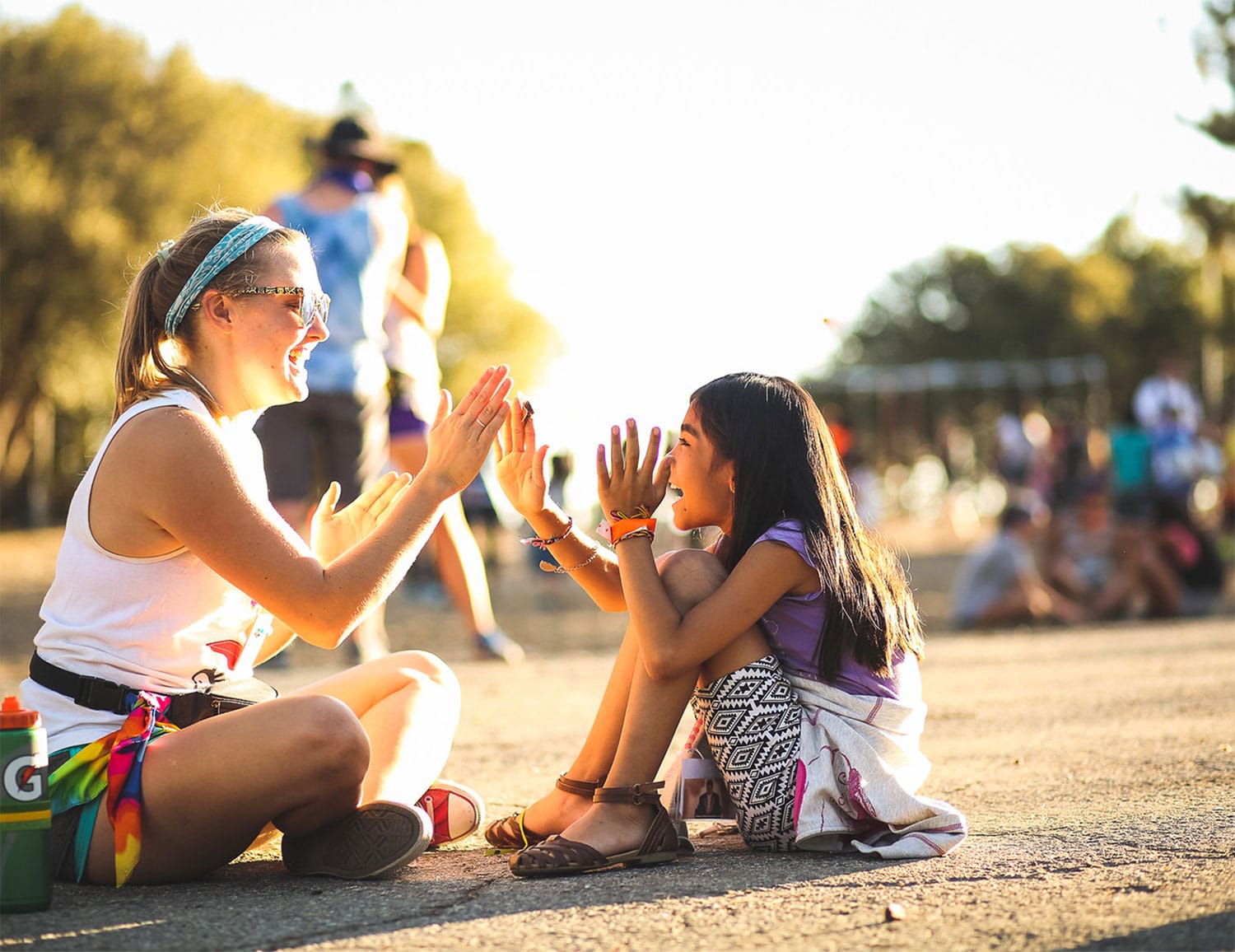AT FIRST GLANCE, Camp Kesem might seem like any other summer camp. The day begins with breakfast and songs, and campers spend much of their time engaging in activities like water sports or crafts. But there is one crucial difference. At some point during their weeklong stay, the children of Camp Kesem will attend a group session to talk openly with other children and camp counselors about what it’s like to have a parent with cancer.
Kesem is a Los Angeles-based organization that runs free weeklong summer camps across the U.S. for children impacted by a parent’s cancer. Each camp is linked with a college, which supplies student volunteers, and is held at a site within a couple of hours of each school. The aim of the Camp Kesem program is to create loving, fun-filled communities where kids and teens from 6 to 18 can enjoy themselves and reflect on their parents’ cancer diagnoses.
Jane Saccaro, Camp Kesem’s chief executive officer, notes that a parent’s cancer can cause children to feel lonely and isolated from their peers. The camps strive to combat this by fostering nightly discussions, dubbed Cabin Chats. These sessions allow campers to discuss anything on their minds, whether it’s their favorite activity of the day or a concern about a parent. There’s also a campwide empowerment session during the week in which children can share their stories and feelings with each other and with trained counselors. “The power of Kesem is that we bring them together with other children and counselors who can completely relate to what they are going through,” says Saccaro. Sharing experiences helps the children develop communication and coping skills, enabling them to regain some control at an overwhelming time.
The organization also provides additional resources, such as help with transportation costs, for kids who face barriers to attending the camps. Saccaro says the goal is to create “an experience that truly cuts across all the communities we serve, just like cancer does.”
Cancer Today magazine is free to cancer patients, survivors and caregivers who live in the U.S. Subscribe here to receive four issues per year.





